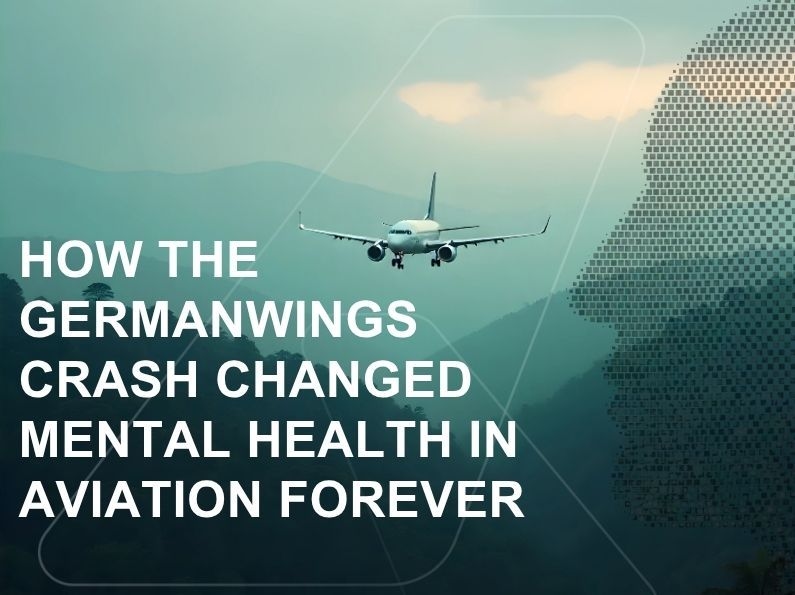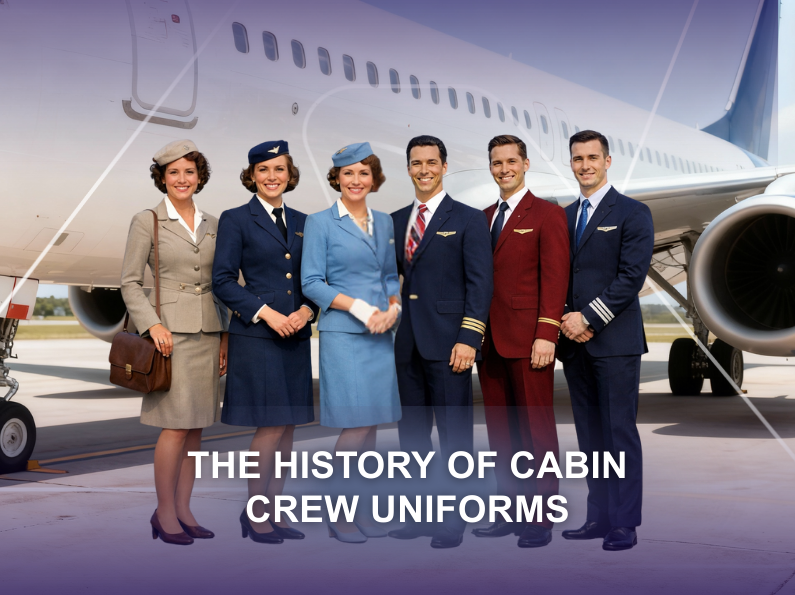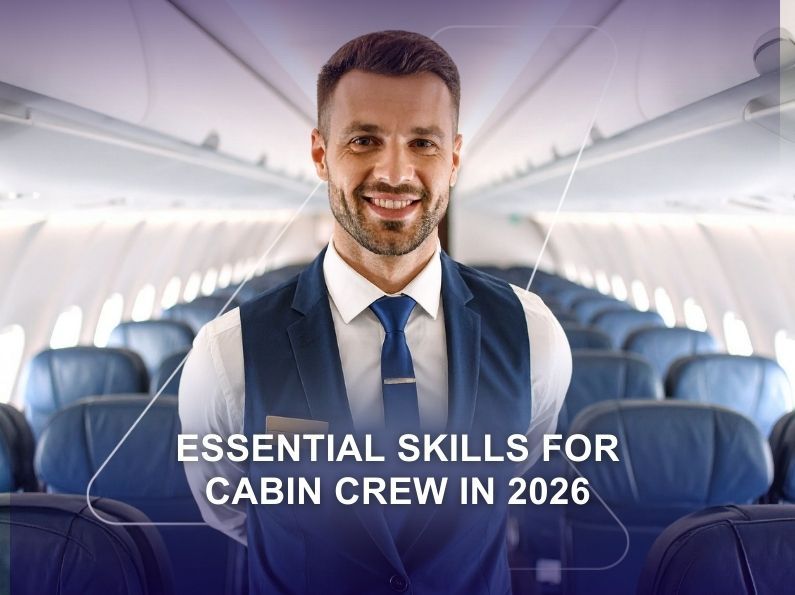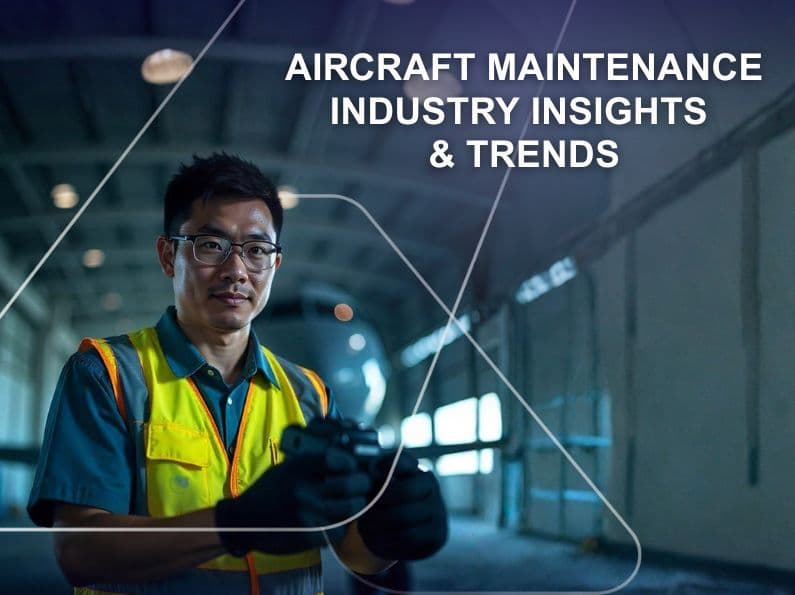How the Germanwings Crash Changed Mental Health in Aviation Forever

One of the most widely recognized and utilized frameworks in psychometric assessment is the Big Five Personality Traits, a model that looks at five core dimensions of human personality. By applying the Big Five framework, aviation companies can gain deeper insights into how a pilot might respond under pressure, how they handle interpersonal communication, or even how they adapt to new or changing situations.
For pilots, these tests go far beyond simple skills assessment. They measure traits like emotional stability, stress tolerance, decision-making style, and even how well they collaborate with others. After all, flying an aircraft requires more than just technical know-how. It requires strong mental faculties to stay calm under pressure, effective communication with crew members, and the ability to make quick, sound decisions during high-stress situations.
What did we learn from the Germanwings incident?
The tragic crash of Germanwings Flight 9525 in 2015 was a wake-up call for the entire industry. It showed us that pilot screening couldn’t stop at technical skills, but psychological resilience and mental health awareness had to be part of the equation.
Following this tragedy, regulators emphasized the two-person rule in the cockpit: ensuring no pilot is ever left alone at the controls. This simple yet powerful safeguard adds an extra layer of protection for crew and passengers alike.
MHC Aviation’s take on this:
At MHC Aviation, we provide psychometric assessments in full compliance with EASA and CRM Principles. Our approach includes:
- Benchmark adjustments tailored to each airline’s profile
- Guidance and support for candidates in their native languages
- Clear, accessible reports to assist airline assessment teams in decision-making
For pilots, psychometric testing is never about "pass or fail." It’s about building self-awareness and resilience. For airlines, it’s about ensuring the right people are in the cockpit, professionals who are not only skilled but psychologically prepared to carry the responsibility of passenger safety.
At the end of the day, aviation is about trust. Psychometric assessments, alongside strong cockpit protocols, help ensure that trust is never compromised.



